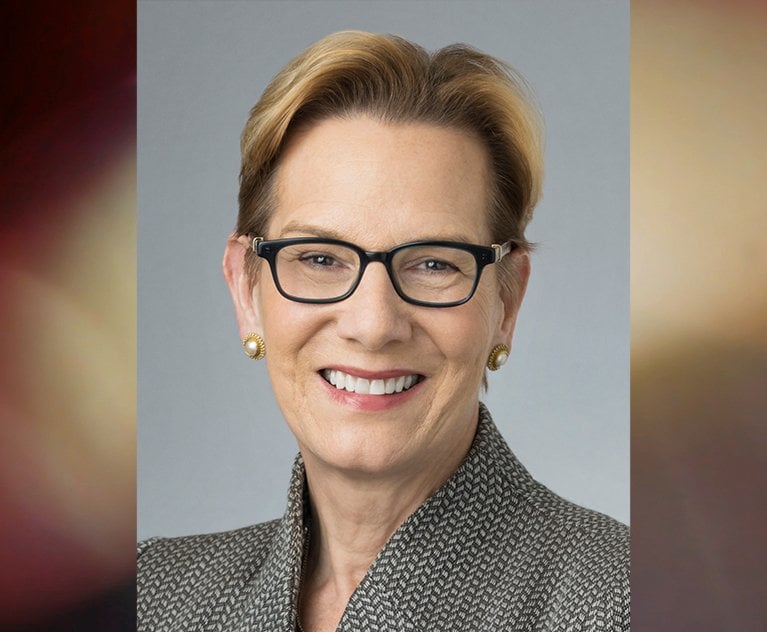For decades, it has irked those subject to the Foreign Corrupt Practices Act (FCPA) that those who demanded payments appeared to escape the crushing consequences. The FCPA was first enacted by Congress in 1977 to combat the wide-ranging corruption that was seen as unsettling free-markets and hindering democratic stability. Foreign Corrupt Practices Act of 1977, 15 U.S.C. §§78dd-1, et seq; see also U.S. Department of Justice and Securities and Exchange Commission, A Resource Guide to the U.S. Foreign Corrupt Practices Act (Second Edition). The law prohibits U.S. companies, persons and issuers as well as foreign persons and businesses acting within the U.S. territory from making or promising anything of value to foreign officials to obtain or retain business or an improper business advantage. Yet the FCPA has one significant limiting factor: it only reaches the supply side of bribes to foreign officials.
By leaving the demand-side of bribes unaddressed, U.S. prosecutors were forced to resort to more creative devices to pursue a foreign official for bribery, which was unusual but not unheard of. U.S. prosecutors often relied on traditional criminal statutes, such as money laundering or conspiracy, which often presented challenges such as the need to establish a U.S. nexus. Perhaps given these challenges, prosecution of foreign officials was less common than prosecution of the companies paying bribes.


 (l-r) Mayling Blanco, Katey Fardelmann, and Lucy Hoffman of Norton Rose Fulbright. Courtesy photos
(l-r) Mayling Blanco, Katey Fardelmann, and Lucy Hoffman of Norton Rose Fulbright. Courtesy photos




